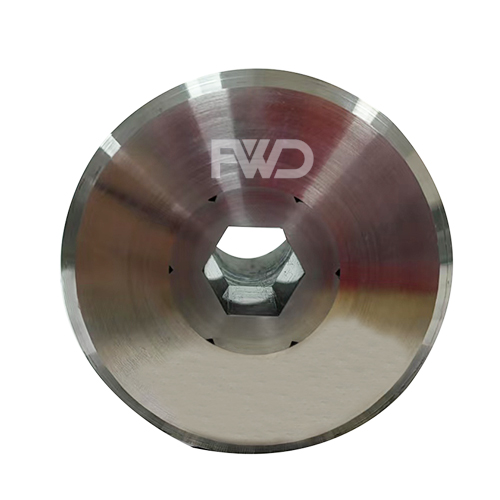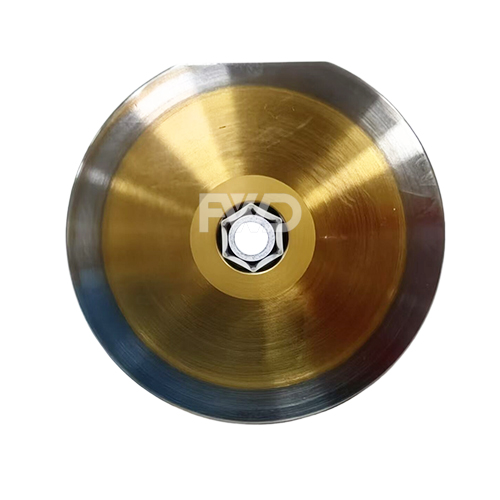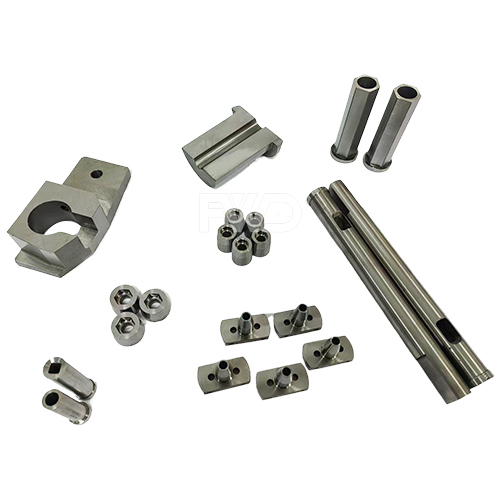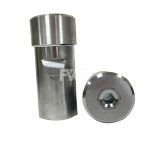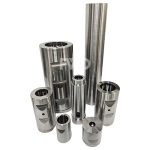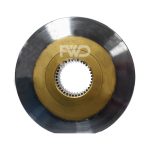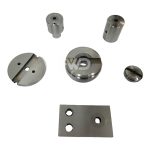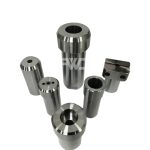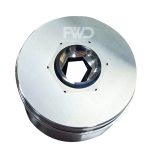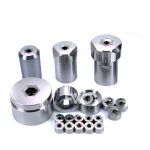Bolt Dies
High-Speed Steel (HSS): Known for its durability and heat resistance, HSS is a popular choice for threading hard metals.
Carbon Steel: Often used for softer materials like mild steel or aluminum, carbon steel dies are affordable but less durable than HSS.
Cobalt Steel: A step up from HSS, cobalt steel offers enhanced hardness and wear resistance, suitable for high-stress threading tasks.
Carbide: Used in high-precision applications, carbide dies are ideal for threading hard or abrasive materials due to their long-lasting cutting edges.
Applications of Bolt Dies
Automotive: Used for manufacturing bolts, nuts, and fasteners for assembling automotive components.
Aerospace: Vital for producing high-strength bolts and fasteners that can endure extreme conditions.
Construction: Employed in creating threaded connections for structural steel and building materials.
Manufacturing: Essential for producing custom threaded parts for machinery, tools, and equipment.
Precision: High-quality dies should produce accurate and consistent threads, ensuring a perfect fit for fasteners.
Durability: The die’s material and construction should withstand wear and tear during production.
Ease of Use: Features like adjustability and compatibility with different threading machines enhance production efficiency.
Versatility: Quality dies should accommodate a range of thread sizes and pitches for diverse project needs.
How to Choose the Right Bolt Dies
Thread Type: Identify the required thread type (e.g., metric, UNC, UNF) and ensure the die matches the specification.
Material Compatibility: Choose a die that suits the material being threaded, as some dies perform better with specific metals.
Thread Pitch: Ensure the die can handle the required thread pitch for your bolts.
Production Volume: For high-volume production, solid or carbide dies are suitable, while adjustable dies are ideal for smaller, custom batches.
Regular Cleaning: Remove metal shavings, debris, or coolant after each use to prevent build-up that could affect thread quality.
Proper Lubrication: Use suitable lubricants to reduce friction and wear during threading, especially when working with harder materials.
Storage: Store dies in a dry, controlled environment to prevent rust or corrosion, particularly for carbon steel dies.
Inspection: Regularly inspect dies for signs of wear, such as chipping or dull edges, and replace them as needed to maintain threading quality.
FAQ of Bolt Dies
Order Process

